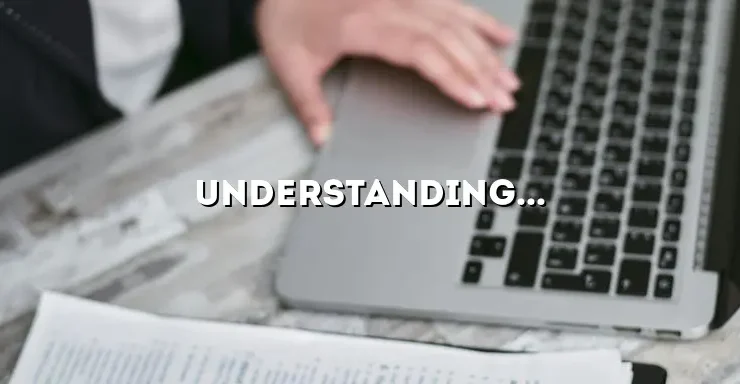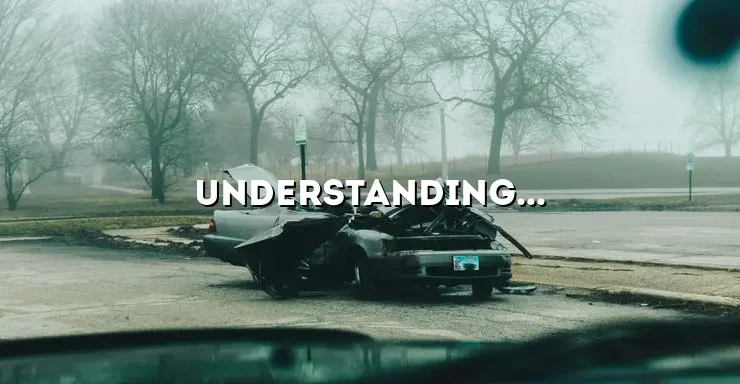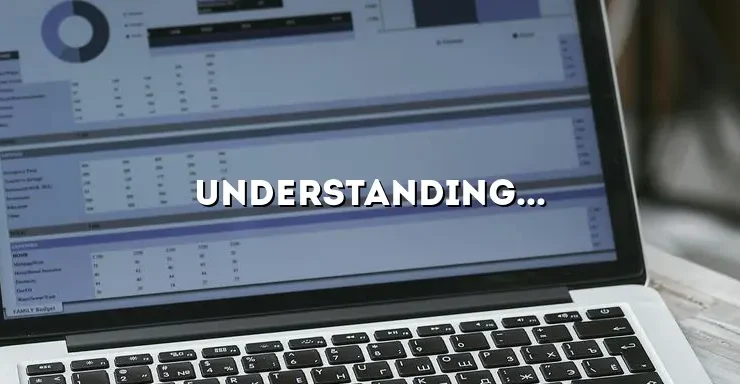
When it comes to operating commercial trucks, understanding the Department of Transportation (DOT) insurance requirements is essential. As a truck owner or operator, complying with these requirements not only ensures legal compliance but also protects your business and assets in case of accidents or damages. In this article, we will delve into the details of DOT insurance requirements for trucks, providing you with a comprehensive guide to navigate the complex world of commercial truck insurance.
What is DOT Insurance and Why is it Important?
Transporting goods across state lines involves certain risks, and to mitigate these risks, the Department of Transportation (DOT) requires truck owners and operators to have insurance coverage. DOT insurance is a mandatory form of coverage that provides financial protection in case of accidents, damages, or liability claims. It not only safeguards your business but also ensures that you comply with the legal requirements imposed by the DOT.
The Importance of DOT Insurance Compliance
Complying with DOT insurance requirements is crucial for several reasons. Firstly, it helps protect your business and assets from potential financial losses. In the event of an accident, having adequate insurance coverage ensures that you can cover the costs of property damage, bodily injury, or legal claims. Secondly, DOT insurance compliance is a legal requirement. Failure to maintain the necessary insurance can result in penalties, fines, and even the suspension of your commercial driver’s license or operating authority. Lastly, having DOT insurance coverage demonstrates your commitment to safety and responsible business practices, which can enhance your reputation and attract more clients.
Understanding the Different Types of DOT Insurance Coverage
DOT insurance requirements encompass various types of coverage, each serving a specific purpose. The three main types of insurance coverage mandated by the DOT include primary liability insurance, cargo insurance, and physical damage insurance.
Primary Liability Insurance Explained
Primary liability insurance is the most basic and mandatory coverage required for trucks engaged in interstate commerce. This type of insurance provides coverage for bodily injury and property damage liability resulting from accidents caused by your truck. In other words, it protects you financially if you are at fault in an accident and someone else suffers injuries or property damage.
Understanding the Coverage Provided
Primary liability insurance covers the costs associated with bodily injuries, medical expenses, property damage, and legal fees resulting from accidents caused by your truck. It typically includes coverage for third-party bodily injury and property damage claims. The coverage limits for primary liability insurance are set by the DOT, and it is vital to ensure that your policy meets or exceeds these minimum requirements.
Factors Affecting Premium Rates
The cost of primary liability insurance for trucks can vary based on several factors. Insurance providers consider factors such as your driving record, the age and condition of your truck, the miles you drive, the cargo you transport, and your location. Additionally, your safety measures and compliance with DOT regulations can also impact your premium rates. By maintaining a good driving record, implementing safety practices, and complying with DOT requirements, you can potentially lower your insurance premiums.
Cargo Insurance and its Importance
The Significance of Cargo Insurance for Trucking Businesses
Cargo insurance is an essential component of DOT insurance requirements for trucking businesses. It provides coverage for the goods or cargo being transported by your truck. Cargo insurance is crucial as it protects both the truck owner/operator and the cargo owner from financial losses in case of damage, theft, or loss of the goods being transported.
Understanding the Coverage Provided
Cargo insurance covers the value of the goods or cargo being transported in case of damage, theft, or loss. It typically includes coverage for various perils, including accidents, fire, theft, and natural disasters. The coverage limits for cargo insurance can vary based on the type of cargo and its value. It is important to assess your cargo’s value accurately and obtain cargo insurance that adequately covers the potential risks associated with transporting your specific goods.
Complying with DOT Requirements regarding Cargo Insurance
The DOT has specific requirements for cargo insurance coverage limits, depending on the type of cargo and the weight of the truck. It is essential to understand and comply with these requirements to ensure you have the appropriate coverage. Failing to meet the DOT’s cargo insurance requirements can result in penalties and legal consequences.
Physical Damage Insurance Coverage
Understanding Physical Damage Insurance
Physical damage insurance is a type of coverage that protects your truck itself against damages. Unlike liability insurance, which covers damages to others, physical damage insurance covers damages to your truck resulting from accidents, collisions, vandalism, theft, or other covered perils.
Collision Coverage and Its Importance
Collision coverage is a component of physical damage insurance that covers damages to your truck resulting from collisions with other vehicles or objects. This coverage is crucial as it helps you repair or replace your truck if it is damaged or totaled in a collision.
Comprehensive Coverage and Its Importance
Comprehensive coverage is another component of physical damage insurance. It covers damages to your truck resulting from non-collision incidents, such as theft, vandalism, fire, or natural disasters. Comprehensive coverage ensures that you are protected against a wide range of potential risks, providing peace of mind.
Additional Insurance Coverages to Consider
Bobtail Insurance
Bobtail insurance provides coverage for your truck when it is being driven without a trailer, typically when you are not under dispatch or carrying any cargo. This coverage is important for owner-operators who may use their trucks for personal use or when not engaged in commercial activities.
Non-Trucking Liability Insurance
Non-trucking liability insurance, also known as bobtail liability insurance, covers liability claims when your truck is being operated for non-business purposes, such as personal use or commuting. It provides coverage for bodily injury and property damage claims that may arise during these non-business activities.
Occupational Accident Insurance
Occupational accident insurance provides coverage for truck drivers in case of accidents, injuries, or disabilities that occur while on the job. It helps cover medical expenses, disability benefits, and even death benefits in certain cases. Occupational accident insurance can be an alternative to workers’ compensation coverage for independent owner-operators or drivers classified as contractors.
Tips for Choosing DOT Insurance Providers
Consider Experience and Specialization
When selecting a DOT insurance provider, it is essential to consider their experience and specialization in the trucking industry. Look for providers who have a deep understanding of the specific insurance needs and challenges faced by truck owners and operators.
Evaluate Financial Stability
Ensure that the insurance provider you choose is financially stable and capable of covering potential claims and losses. Research their financial ratings and consider their reputation within the industry.
Check Customer Reviews and Feedback
Reading customer reviews and feedback can provide valuable insights into the insurance provider’s customer service, claims handling process, and overall satisfaction level of their clients. Look for providers with positive reviews and a reputation for excellent customer service.
Consider Ease of Claims Process
Having an insurance provider with a streamlined and efficient claims process is crucial. Look for providers that offer easy claims filing procedures, quick response times, and a dedicated claims team to assist you in case of accidents or damages.
Compare Quotes and Coverage
Obtain quotes from multiple insurance providers and compare the coverage they offer. While cost is a significant factor, ensure that you are getting comprehensive coverage that meets your specific needs and complies with DOT requirements.
Seek Professional Advice
If you are unsure about the intricacies of DOT insurance requirements or the selection of an insurance provider, consider seeking advice from insurance brokers or industry professionals. They can provide guidance and recommendations based on your unique circumstances.
In conclusion, understanding and complying with DOT insurance requirements is crucial for truck owners and operators to ensure legal compliance and protect their business and assets. By obtaining the necessary insurance coverage, including primary liability insurance, cargo insurance, and physical damage insurance, you can safeguard your trucking business from potential financial risks. Remember to carefully evaluate your insurance needs and choose a reputable insurance provider that offers comprehensive coverage at competitive rates. By doing so, you can drive with confidence, knowing that you are adequately protected under DOT regulations.






